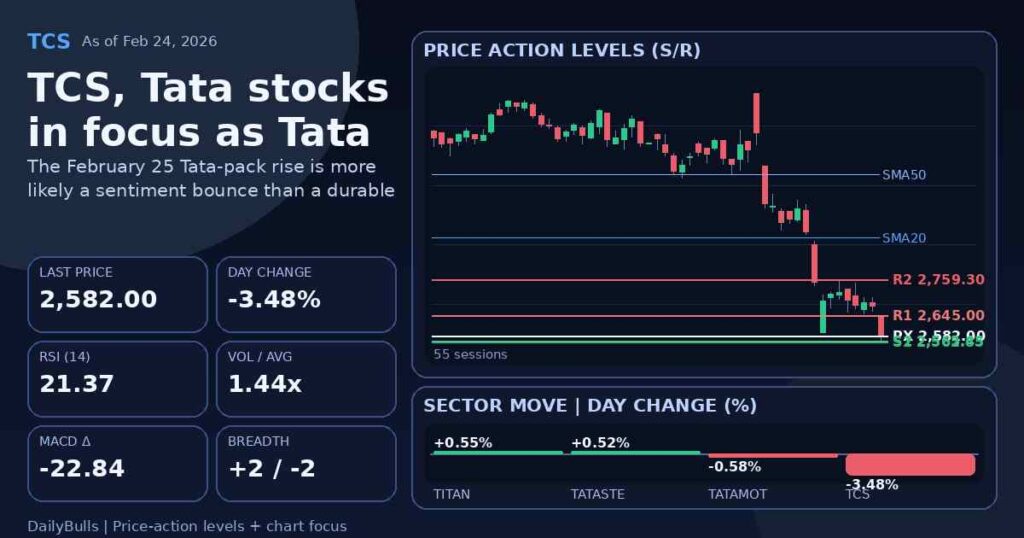
Debunking Misconceptions About Mutual Funds in India
Investing can be a daunting task, especially when you’re faced with a plethora of options. Mutual funds, however, have emerged as a popular choice for many Indian investors. Yet, there are numerous misconceptions surrounding them.
It is vital to understand that mutual funds offer a world of investment opportunities to investors, catering to a diverse range of financial goals and risk appetites. By debunking these misconceptions, you can access accurate information and make an informed decision when utilising the many benefits mutual funds offer.
Common Myths About Mutual Funds Debunked
Here are some common misconceptions about mutual funds that you may come across.
Myth 1: Mutual Funds Are Risky
One of the most common misconceptions is that mutual funds are inherently risky. While it’s true that every investment carries a degree of risk, mutual funds offer a wide spectrum of risk profiles. Investors can choose from ultra-safe options, like debt funds, to higher-risk equity funds. Additionally, mutual funds often diversify across a range of assets, reducing the impact of a single underperforming investment.
Myth 2: Mutual Funds Are Only for the Wealthy
In reality, mutual funds can accommodate investors with varying budgets. There are mutual fund schemes available with minimum investment amounts as low as ₹100 in the case of SIPs. This accessibility allows even small investors to participate in the financial markets and potentially reap the benefits of diversification and professional fund management.
Myth 3: Mutual Funds Are Not Transparent
Some believe that mutual funds lack transparency. However, mutual funds in India are strictly regulated by the Securities and Exchange Board of India (SEBI). They are required to disclose all essential information in their offer documents and periodic reports. This transparency empowers investors to make informed decisions, ensuring that there are no hidden surprises.
Myth 4: Mutual Funds Don't Offer Tax Benefits
Investors often miss out on the tax-saving potential of mutual funds. Tax-saving mutual funds, commonly known as Equity-Linked Savings Schemes (ELSS), provide an opportunity to save on taxes under Section 80C of the Income Tax Act, 1961. Investing in ELSS not only helps you grow your wealth but also reduces your tax liability.
Myth 5: Large Cap Funds Are Always Safe
Large cap funds are considered less risky than mid-cap or small-cap funds. However, they are not entirely immune to market fluctuations. Even blue-chip companies can face challenges, affecting the performance of large cap funds. While they are generally more stable, it’s crucial to remember that no investment is entirely risk-free.
Benefits of Investing in Mutual Funds in India
Now that we’ve dispelled some common misconceptions, let’s delve into the benefits of investing in mutual funds:
1. Diversification
Mutual funds pool money from various investors and spread it across a diversified portfolio of stocks, bonds, or other securities. This diversification helps reduce risk, as losses in one investment can be offset by gains in others.
2. Professional Management
Mutual funds are managed by experienced fund managers who make investment decisions on behalf of investors. Their expertise can help you navigate the complex world of finance effectively.
3. Liquidity
Mutual fund units can be bought and sold daily, providing liquidity to investors. This is particularly advantageous when compared to certain other investment options with longer lock-in periods.
4. Flexibility
Mutual funds offer a wide range of investment options to suit your financial goals and risk tolerance. Whether you’re looking for long-term wealth creation or a short-term savings option, there’s likely a mutual fund that fits your needs.
5. Tax Benefits
As mentioned earlier, tax-saving mutual funds, or ELSS, provide investors with the opportunity to reduce their tax liability. The amount invested in these funds qualifies for a deduction of up to ₹1.5 Lakhs.
In summary, mutual funds in India offer investors a diverse range of investment opportunities with varying risk profiles, making them accessible to investors with different budgets. They are highly regulated and transparent, providing essential information to help investors make informed decisions.
Mutual funds can be a valuable addition to an investment portfolio, offering diversification, professional management, liquidity, flexibility, and tax benefits for Indian investors. So, debunk the myths, embrace the truth, and consider mutual funds as a viable option to achieve your financial aspirations.
About the author
Dailybulls Research
Senior Researcher and Editor
Dailybulls Research Team consists of experienced market analyst from multiple domains like equity, futures and options, forex and commodities. The team is focused on providing data backed research, powered by Ai and machine learning algorithms.
Share this insight
Spread the Alpha
If this analysis helped you, pass it along to your trading desk or community.
Related Articles
More ideas that align with your trading playbook.

Understanding Online Trading Accounts and How to Open One in India
Introduction to Online Trading Accounts First things first, let’s come to the definition of online trading. Online trading is a method that…

7 Key Tips to Save Money on Health Insurance Premiums
With the ever-increasing costs of healthcare in India, securing a health insurance policy has become more of a necessity than an option.…
5 Financial Tips for Beginners
Mastering personal finances is one of the most basic yet important skills that helps you achieve your short-term and long-term goals. Understanding…



